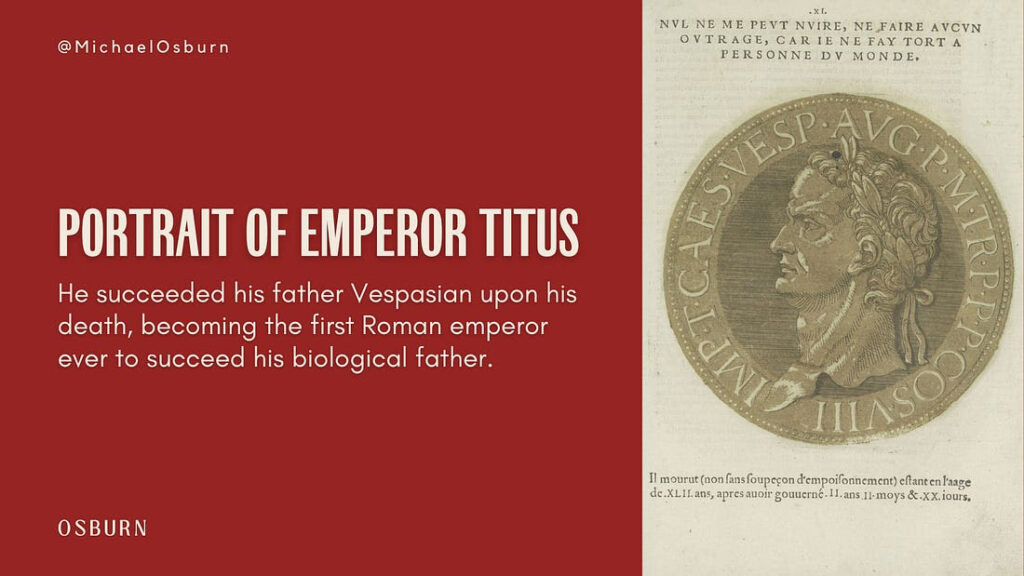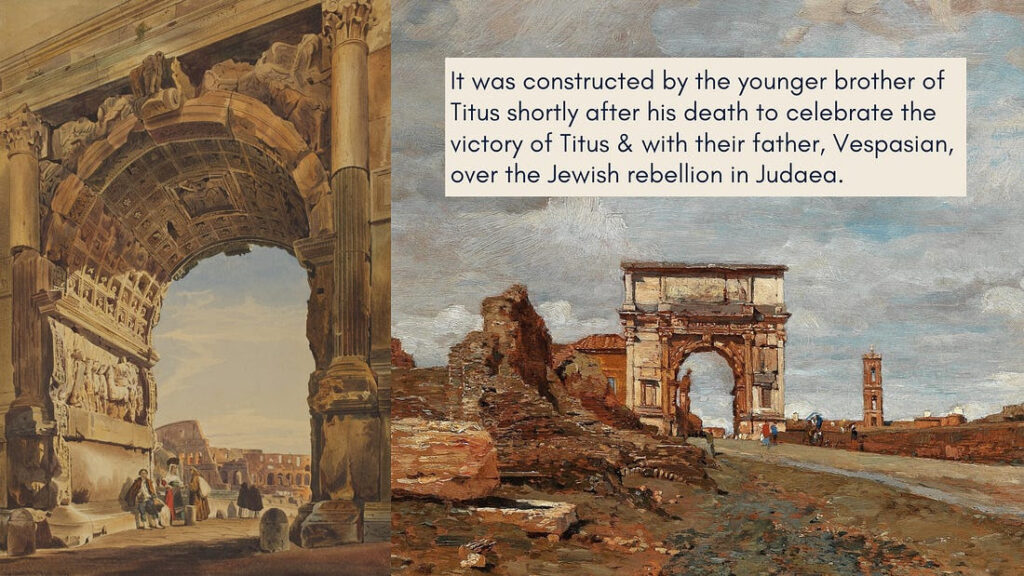3 Insights
“True glory consists in doing what deserves to be written, in writing what deserves to be read, and in so living as to make the world happier and better for our living in it.” — Pliny the Elder
“Leaders who allow themselves to be governed by reason will allow themselves to in turn govern their cities benevolently. The uneducated leader, on the other hand, is plagued by greed, paranoia, and a false sense of grandeur.” — Plutarch
“Power brings a man many luxuries, but a clean pair of hands is seldom among them.” — Robert Harris
What I Learned this Week
The Colosseum was constructed in an really short span of just 8 years. It started in AD 72 under Emperor Vespasian and completed by his son Titus in AD 80. At the time of its inauguration, it was officially named the Flavian Amphitheatre, in honor of the Flavian dynasty—the imperial family responsible for its construction: Vespasian, Titus, and later, Domitian.

The name Colosseum only came into use much later. It wasn’t originally tied to the amphitheatre itself, but rather to a towering bronze statue of Emperor Nero known as the Colossus of Nero, which stood nearby.
Gradual Responsibility
Recently, I read about the Jewish War, which then led me to the biography of Vespasian and took me down a rabbit hole about the relationship between him and his son. Vespasian was the last emperor to reign during the Year of the Four Emperors—the first civil war to occur in the Roman Empire. But that is a story of its own.

The father-son relationship between Vespasian and Titus offers an example of how effective leadership can be passed down through incremental responsibility. Through a series of deliberate assignments, Vespasian groomed Titus for leadership, demonstrating a key aspect of parenting and leadership: the importance of gradually increasing responsibility to build competence.
Vespasian’s early approach to Titus’s development involved a lot of military command. In the early stages of his career, Titus was placed in positions where he could learn from his father’s actions. One of his most significant roles was during the Jewish War (66–73 AD), where he played a central part in the siege of Jerusalem.
But Vespasian’s approach wasn’t limited to the military. He also assigned Titus some administrative responsibilities, allowing him to gain experience managing the empire’s internal affairs. As emperor, Vespasian had to reconstruct Rome after Nero’s rule and stabilize the empire’s finances. He entrusted Titus with duties related to the construction of the Colosseum, ensuring he was involved in both the logistical and financial aspects of the project.
Vespasian’s ultimate goal was to ensure Titus could rule independently after his death. This transition of power was not sudden but occurred gradually. As Vespasian aged, he began to shift more and more responsibility to his son. Over time, Titus, already respected as a military commander and capable administrator, became his father’s trusted deputy—ready to inherit the empire.

By providing opportunities for young leaders to take on increasing responsibility, guiding them through challenges, and allowing them to learn from mistakes, we can help them develop into confident and capable leaders. When in ancient Rome as Vespasian did with Titus, or in your modern world at work our home, the process is the same.
Reflections
Am I allowing my kids to struggle just enough to grow, without overwhelming them?
The Real Con 122
